Understand Stigma
Stigma is a major barrier to people getting the help they need. Take time to learn what it is and how to overcome it.
Impact of Stigma
Stigma can be described with three words - stereotypes (ideas), that lead to prejudice (beliefs), that leads to discrimination (action).
Stigmatizing actions, ideas, and beliefs

Stereotypes – Ideas
People with mental health challenges are incapable, fragile, dangerous, and cannot recover.

Prejudice – Beliefs
They are less than.

Discrimination – Social
I don’t want them to live next door, be a co-worker, or marry into my family.

Discrimination – Structural
Institutional, organizational, governmental limits to: availability, accessibility, acceptability.
How common is mental illness and addiction?
It’s possible that you don’t experience mental health challenges, but many people are.

More than 50% will be diagnosed with a mental illness or disorder at some point in their lifetime.
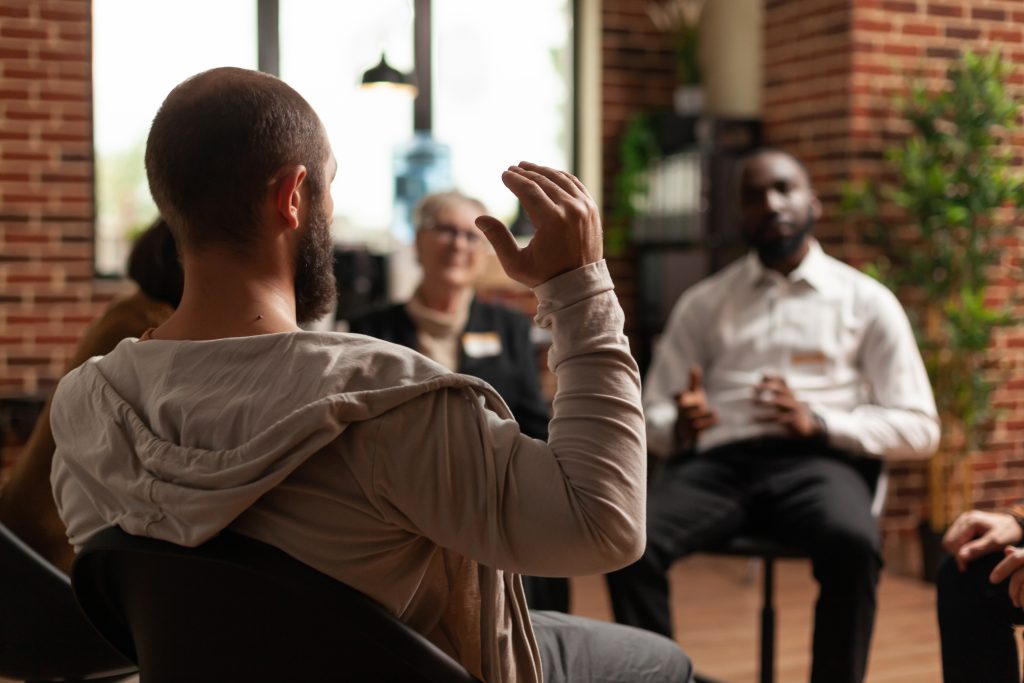
1 in 5 Americans will experience a mental illness in a given year.

1 in 3 young adults (aged 18-25) experienced a mental illness in 2020.

1 in 20 Americans live with a serious mental illness, such as schizophrenia, bipolar disorder, or major depression.
The ongoing impact of stigma
These categories come from research with people who have a lived experience of mental illness.

Worse healthcare

Lost employment

Diminished education opportunities

Alienated from faith community
What you can do today?
Here are ways you can help reduce stigma related to mental health challenges:
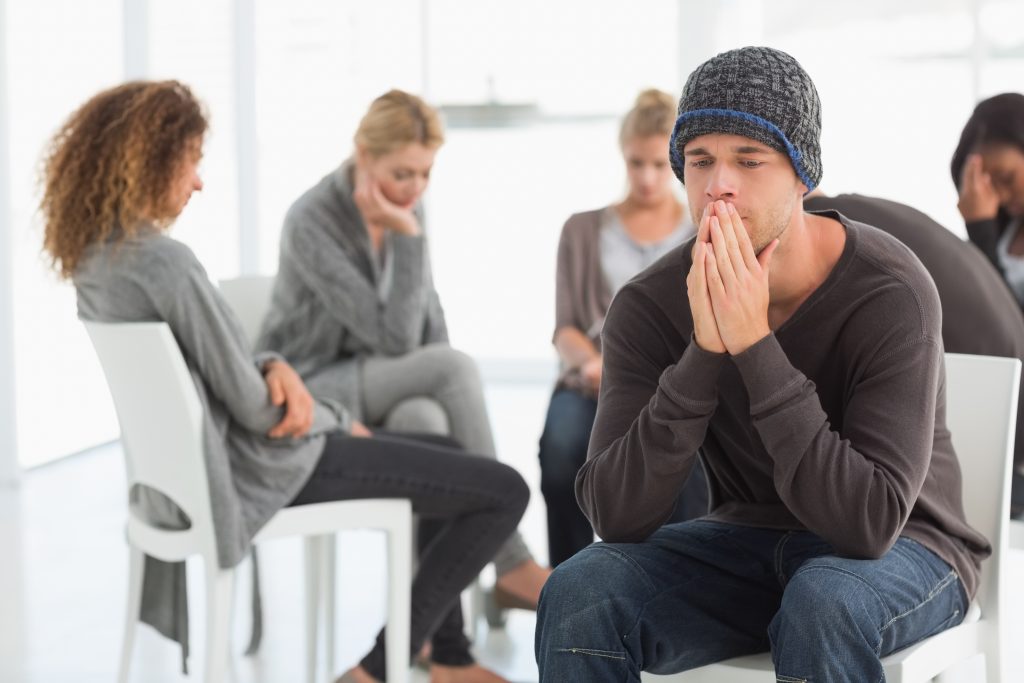
Maintain recovery perspective on a daily basis – proactively seek out stories.
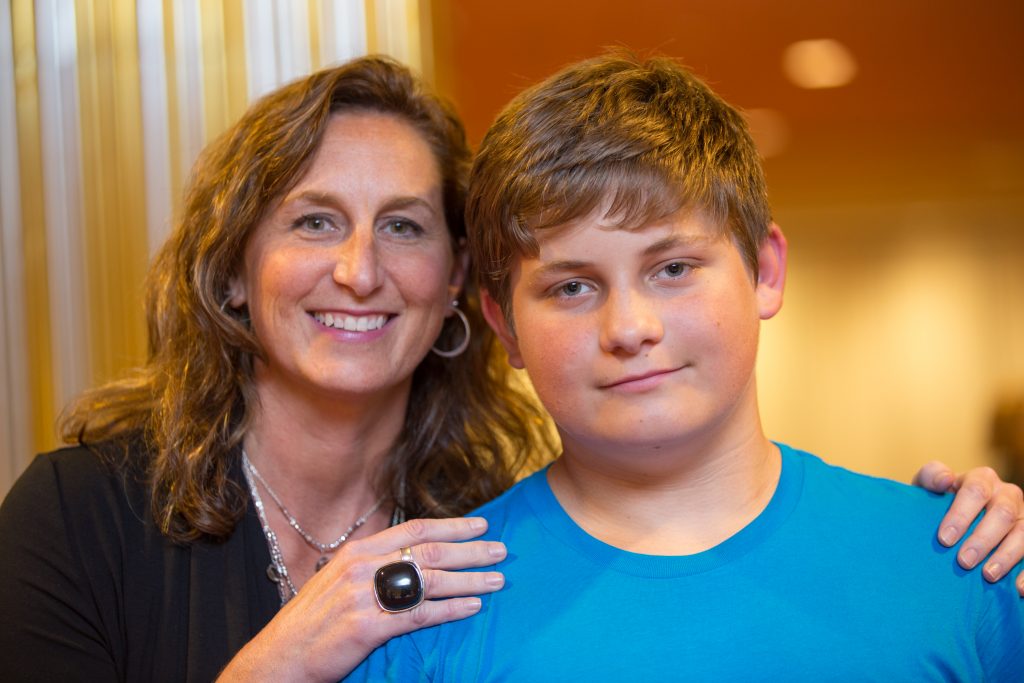
Reinforce and support resilience and recovery in others.

Consider the story you can tell about recovery.

Bring the conversation to your community.

Check out resources to learn more about mental health conditions.

See a person for who they are, not what drugs they use.

Say something when you see someone being mistreated because of their drug use.

Use positive language and avoid hurtful labels.

Listen while withholding judgment.
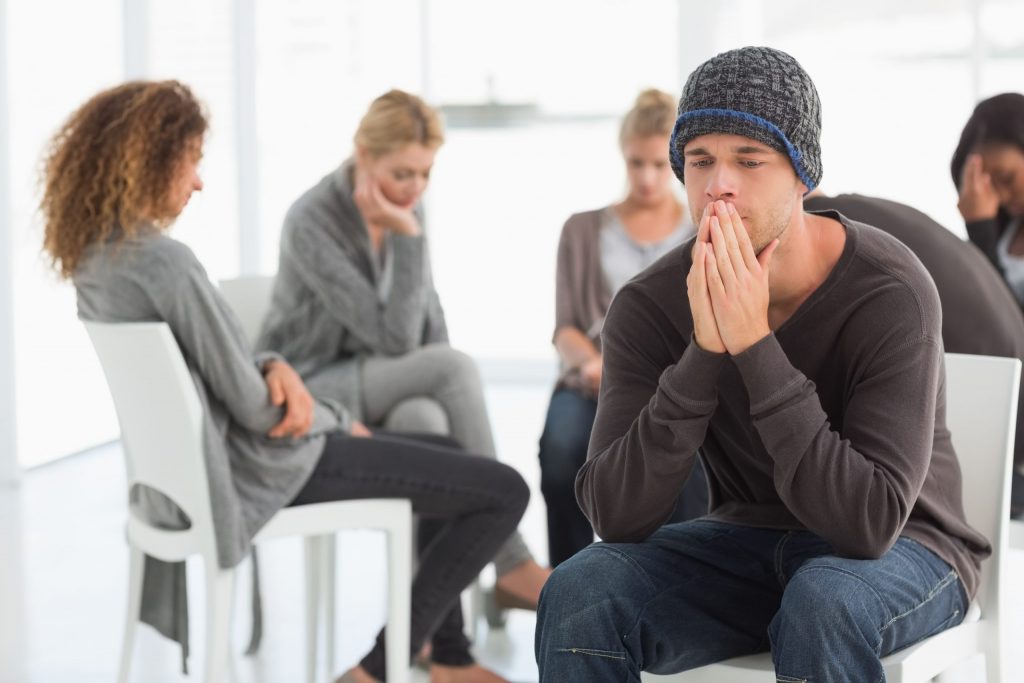
Reversing self-stigma
Research shows that the best way to reverse self and public stigma is through storytelling. When people with mental health challenges share their recovery experiences in a targeted, local, credible and continuous way, it helps others to connect with them and see that they are human beings. Sharing stories is the primary, evidence-based practice to reduce stigma.
Reversing public stigma
WISE and Rogers Behavioral Health promote the power of strategic contact with people in recovery to end stigma in schools, healthcare, congregations, workplaces and wherever humans interact.


Stigma-reduction and evidence-based research
Research on addressing discrimination and stigma has shown that individuals’ attitudes improve when they have direct contact with persons with mental illnesses, when they can get to know people beyond labels and myths.
